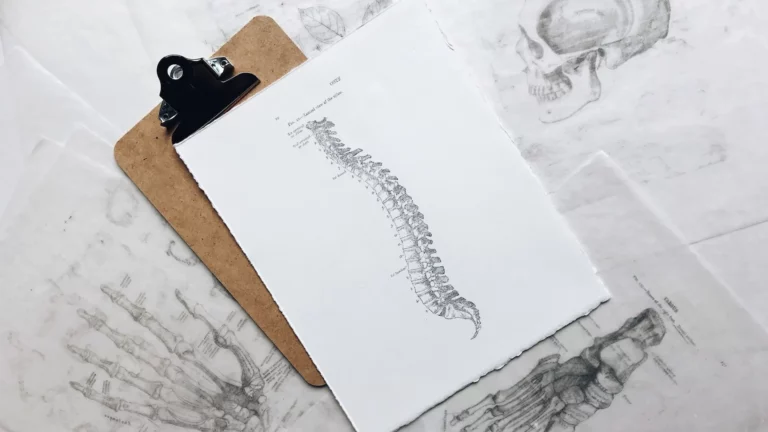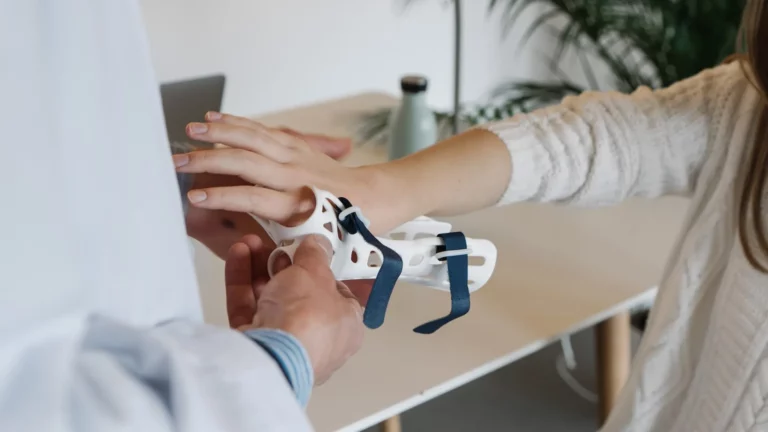Demandas por accidentes con patinetes eléctricos Bird – Guía para las víctimas
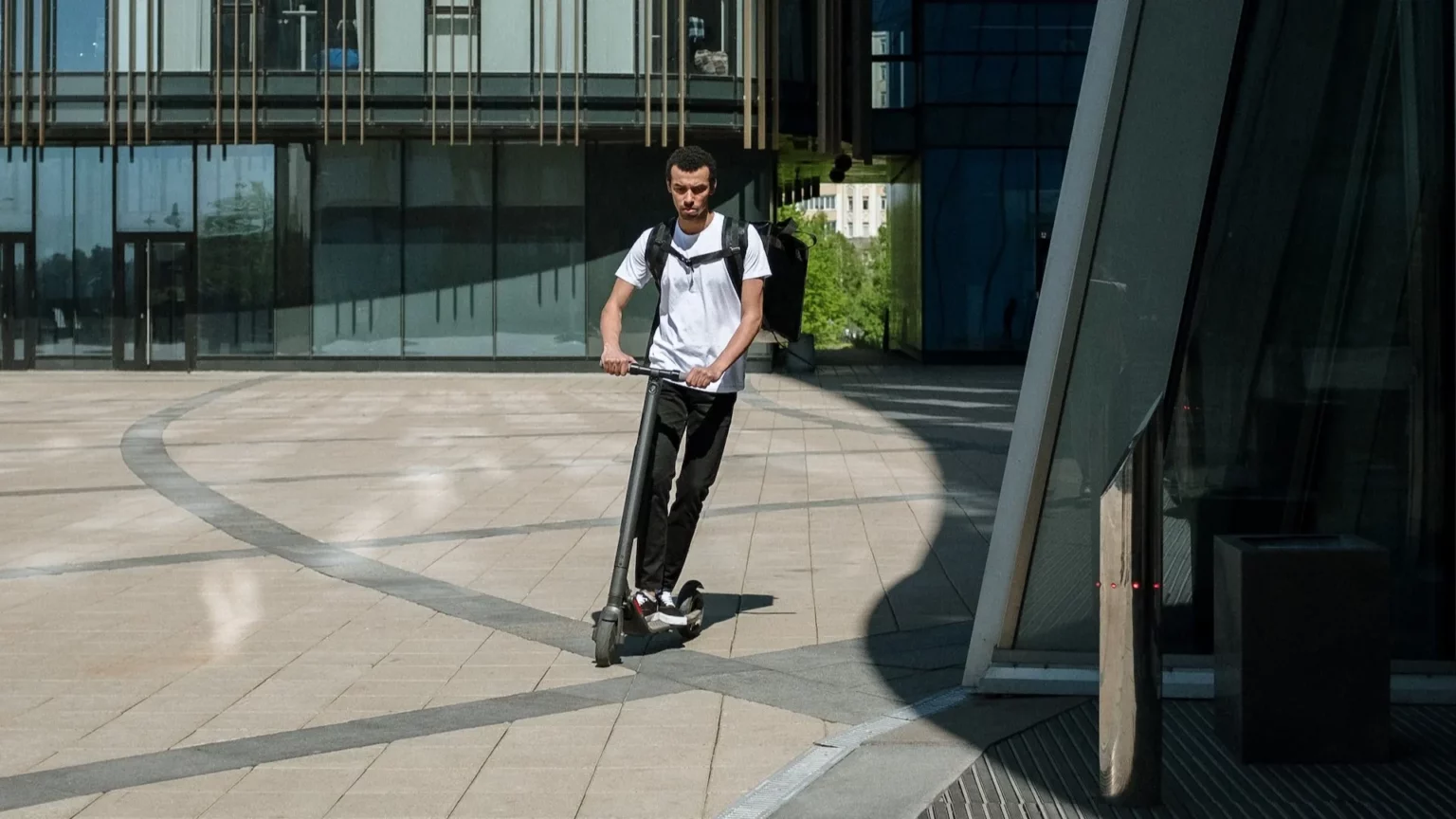
When considering whether to file a Bird scooter accident lawsuit, it is important to make sure that all the parties responsible for your injuries are held accountable. This can include the E-scooter’s manufacturer, rental company, an individual or company who installed or maintained the scooter, and other third parties who may be liable.
It is also important to remember that any compensation you receive in the Bird scooter accident lawsuit will depend on the specific facts of your case. This means that if you have been injured due to someone else’s negligence or recklessness while riding a Bird electric scooter, it is essential to gather evidence to build a strong claim such as medical records and witness accounts. An experienced personal injury attorney can help you navigate the complexities of a Bird scooter accident lawsuit and ensure that you get the full compensation you deserve.
Ultimately, filing a Bird scooter accident lawsuit can be an effective way to seek justice for your losses. Contacting a skilled attorney is the best way to understand your legal rights and options and get started on pursuing a claim.
What is Bird’s E-scooter sharing program?
Bird Scooter’s New Jersey E-scooter sharing program allows users to rent electric scooters from a network of locations throughout the state. The service is available in over 15 cities, including Newark, Atlantic City, and Hoboken. To use the service, customers must first download the Bird app which they can use to locate nearby scooters and pay for their rental.
Once a customer has registered with the app, they can view pricing information and availability before selecting a scooter. After unlocking it using their app, riders are free to enjoy their ride around the city or town. When finished riding, customers can park the scooter were allowed and securely lock it using their app – at which point they will be charged for their ride.
Bird Scooter’s rental program offers a convenient, safe, and environmentally friendly way to explore the New Jersey area. All scooters are regularly maintained by Bird technicians and come equipped with headlights, brakes, and other safety features. The company is also committed to helping reduce traffic congestion in cities across the state by encouraging short-distance travel on electric vehicles instead of cars. Additionally, Bird plans to offer discounts for users who choose to ride during off-peak hours or take multiple trips in one day.
Overall, Bird Scooter’s E-scooter sharing program is an innovative and eco-friendly way for riders to get around town without having to worry about parking or emissions – making it easy, affordable, and fun to explore New Jersey.
By partnering with local businesses and municipalities, Bird Scooter is helping to make New Jersey a leader in sustainable transportation solutions. The company is also committed to giving back to the communities it serves through initiatives like tree planting, educational programs, and job creation. With its commitment to sustainability, convenience, and affordability, Bird Scooter’s E-scooter sharing program has become an invaluable part of getting around New Jersey.
What are the types of E-scooter accidents?
E-scooter accidents in New Jersey can involve vehicles, pedestrians, and other e-scooter riders. Common scenarios include e-scooters colliding with automobiles, crossing intersections without yielding to oncoming traffic, navigating uneven terrain, or riding too close to pedestrians. If an e-scooter rider is hit by a vehicle, they may suffer serious injuries such as broken bones or head trauma.
Other risks related to e-scooter use include slipping and falling due to wet surfaces or debris on the ground and even being injured when two scooters collide. Additionally, if a rider fails to observe their surroundings while riding an e-scooter they could be struck by another vehicle or bicycle. In some cases of negligence, the rider themselves may be held responsible for the accident. All these scenarios emphasize the need to practice safe and alert e-scooter habits to minimize accidents and related injuries.
When on an e-scooter, it is important to always take preventative measures such as wearing a helmet, following traffic laws, and maintaining speeds that are appropriate for the area you are riding in. It is also essential to always stay mindful of your surroundings so that you can detect hazards before they become a problem. By taking safety precautions, riders can reduce their risk of being involved in an e-scooter accident in New Jersey.
New Jersey also has specific regulations concerning the use of e-scooters. Riders should familiarize themselves with these laws before operating an e-scooter to avoid encountering any legal issues. Additionally, it is important to note that certain areas may prohibit or restrict the use of motorized scooters entirely. Riders must be aware of these restrictions and always adhere to them.
By understanding the potential risks associated with e-scooter accidents in New Jersey, riders can take steps to protect themselves while using their device. With proper precautions and safety measures, riders can minimize their chances of being involved in an accident and enjoy a safe ride.
What are common injuries?
Victims of New Jersey e-scooter accidents may suffer a wide variety of injuries, ranging from minor scrapes to permanent disabilities. Common injuries include broken bones, head trauma, bruises, and cuts. Victims could also experience internal organ damage because of the impact or being thrown from the device. Spinal cord injuries are also common in these types of accidents and can lead to lifelong paralysis or difficulty moving arms and legs.
In addition, victims may suffer nerve damage that causes chronic pain or numbness in parts of the body. Traumatic brain injury is another potential outcome, which can cause memory problems, personality changes, impaired cognitive functioning, and other long-term effects depending on severity. Finally, emotional distress such as anxiety and depression may be experienced due to the accident.
Victims of these accidents need to seek medical attention and legal counsel to properly diagnose and treat their injuries. Taking prompt action can help ensure that those responsible for the incident are held accountable and that victims receive appropriate compensation for their suffering.
What compensation is available if I am an E-scooter victim?
A victim of a New Jersey e-scooter accident case may be able to collect compensation for the various damages that they have suffered. This could include medical bills, lost wages due to missed work, pain and suffering, emotional distress, loss of enjoyment of life, scarring or disfigurement, property damage costs, and other non-economic losses. The amount of compensation that is available to an individual will vary depending on their unique circumstances and the severity of their injuries.
E-scooter accident victims need to seek legal counsel to ensure that they receive fair compensation for all their losses. An experienced personal injury lawyer can help to evaluate a case and determine what kind of potential settlement may be achievable based on the facts of the accident and any evidence that can be presented. A lawyer can also help to negotiate a fair settlement with the at-fault party or their insurance company to secure the maximum amount of compensation for their client.
E-scooter accident victims need to understand all their legal rights and options when it comes to seeking compensation for damages. An experienced attorney can provide them with the guidance and assistance they need throughout this process.
By acting, victims of New Jersey e-scooter accidents may have the opportunity to pursue justice and receive adequate compensation for their losses. These individuals must contact a qualified personal injury lawyer as soon as possible after an accident so that they can get started on the process of seeking the compensation they are owed.
How can Bird’s user agreement impact a lawsuit?
Under the terms of Bird’s user agreement, a New Jersey e-scooter accident victim may have their lawsuit limited by several factors. The agreement states that it is solely the responsibility of users to determine whether they are physically and mentally fit enough to use an e-scooter, as well as any other safety precautions that should be taken before using them.
Additionally, Bird’s user agreement holds users responsible for any damage caused due to their use of the service, regardless of fault. This means that if a motorist files a suit against an e-scooter rider due to an accident in which the rider was found at fault, the rider may be held liable for all resulting damages even if they were not found negligent. Furthermore, Bird’s user agreement also outlines that users must waive any claims or rights to sue or seek compensation from the company itself.
In conclusion, when considering a lawsuit after an e-scooter accident in New Jersey, victims need to familiarize themselves with the terms of Bird’s user agreement as those terms may impact their chances of success. It is recommended that victims consult with an attorney who is knowledgeable about such agreements before proceeding with legal action. By doing so, they can ensure that their rights are protected, and they are aware of how these agreements may restrict their ability to pursue a successful lawsuit.
Blogs relacionados
Sin tasas a menos que
GGL Gana
Le tenemos cubierto.
Estamos disponibles 24/7/365
Uno de nuestros asesores se pondrá en contacto con usted.

SOCIO OFICIAL DE RUTGERS ATHLETICS



Ganancias recientes de GGL
Accidente de tráfico
Premio de mediación El demandante sufrió lesiones en una colisión automovilística en una intersección, que le obligaron a someterse a cirugías de fusión del cuello y la zona lumbar.
2 millones de dólares
Veredicto
Indemnización por accidente laboral
Un obrero de 25 años murió en un accidente laboral mientras trabajaba.
1,15 millones de dólares
Veredicto
Accidente en la construcción
Un techador se cayó del tejado y sufrió un traumatismo craneoencefálico.
El contratista no proporcionó al demandante equipo de protección anticaídas.
